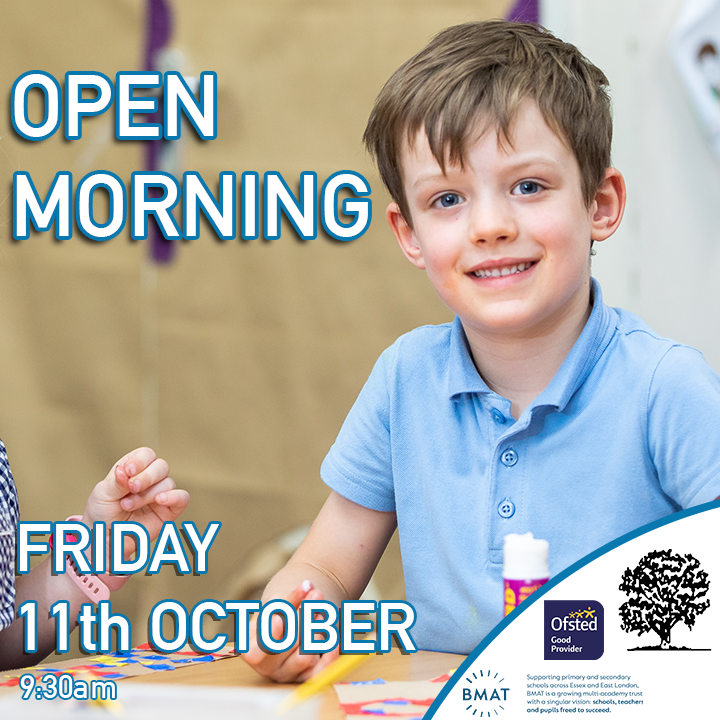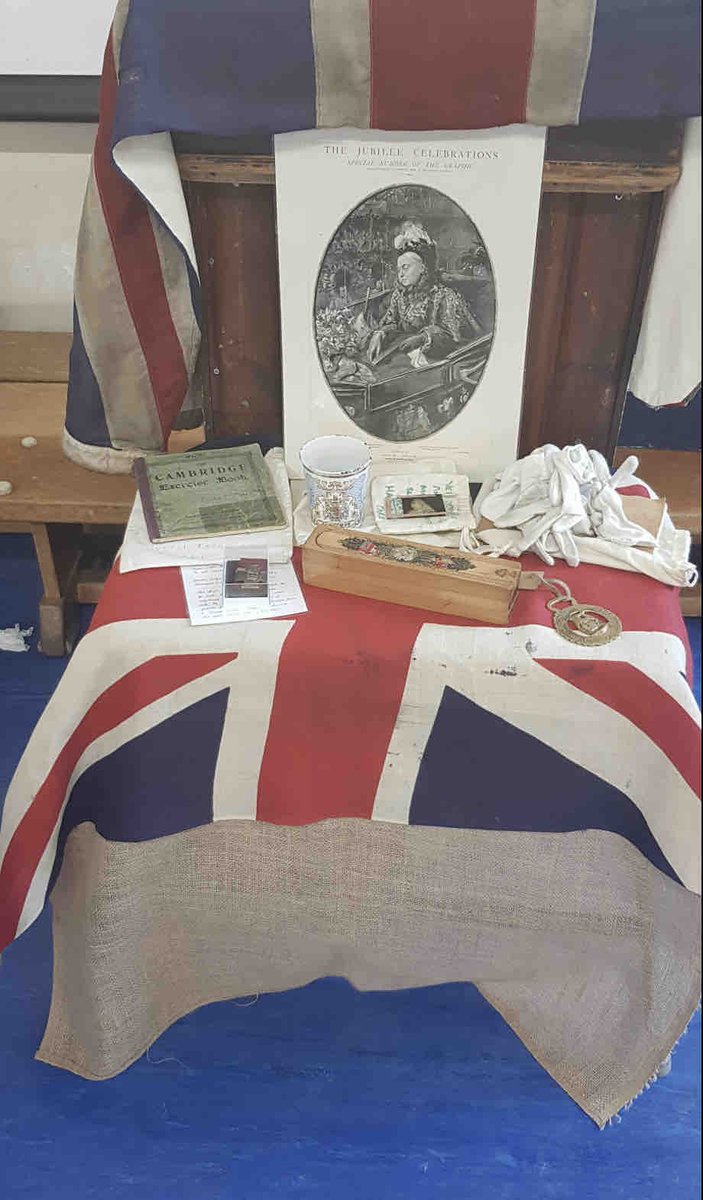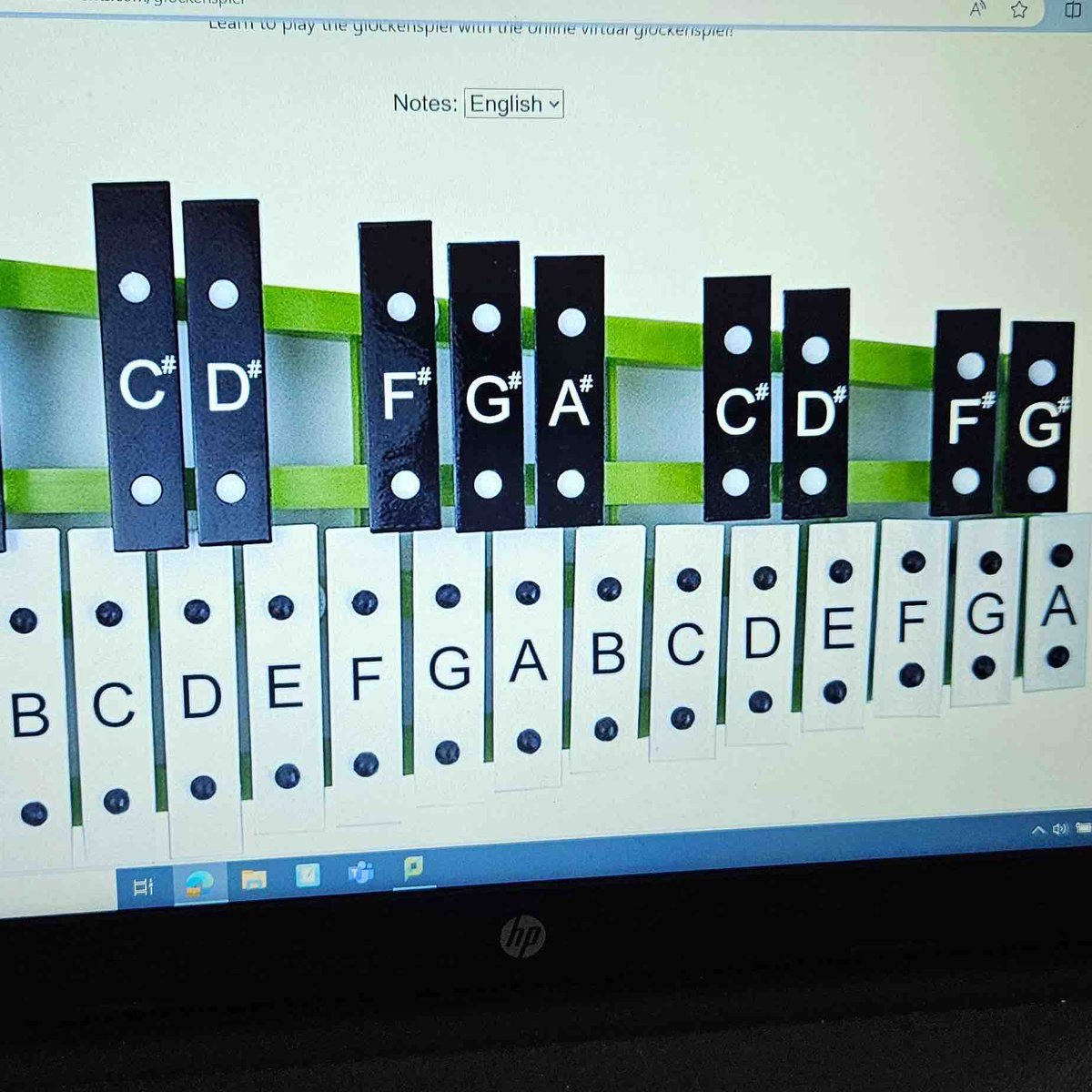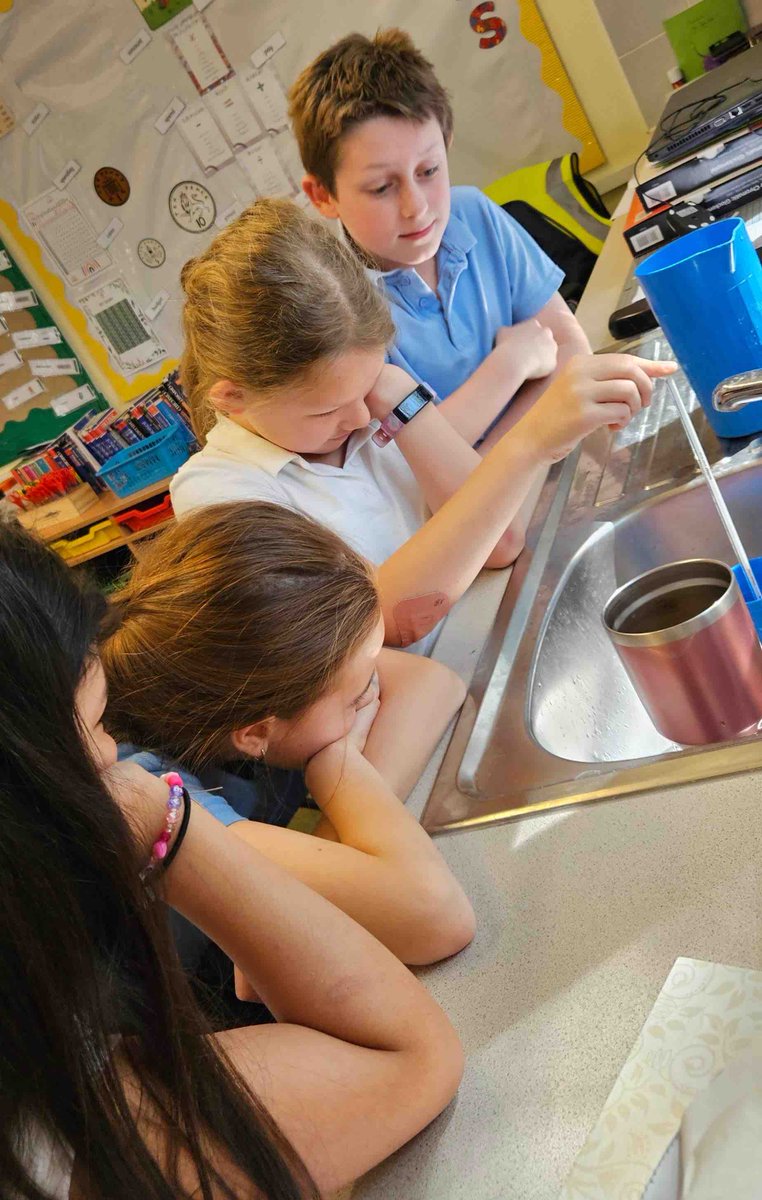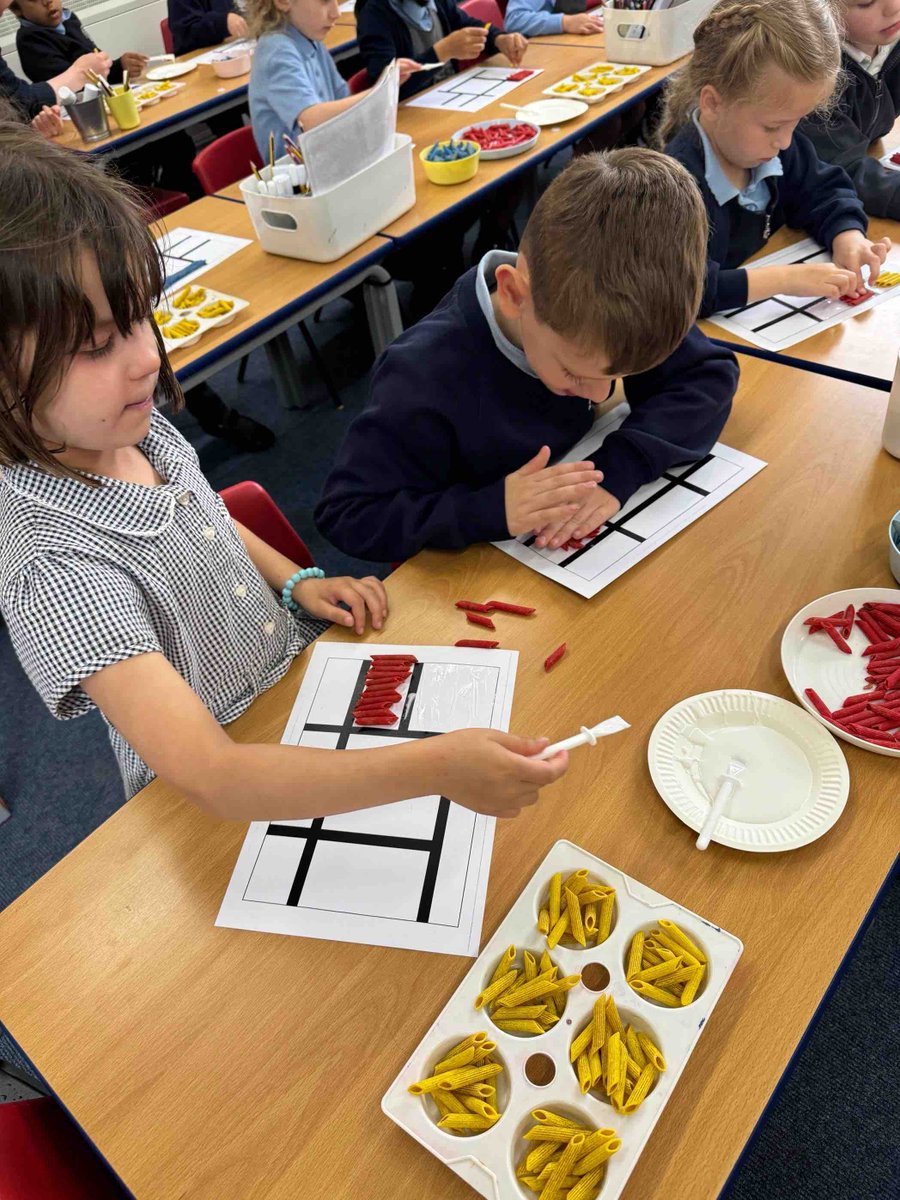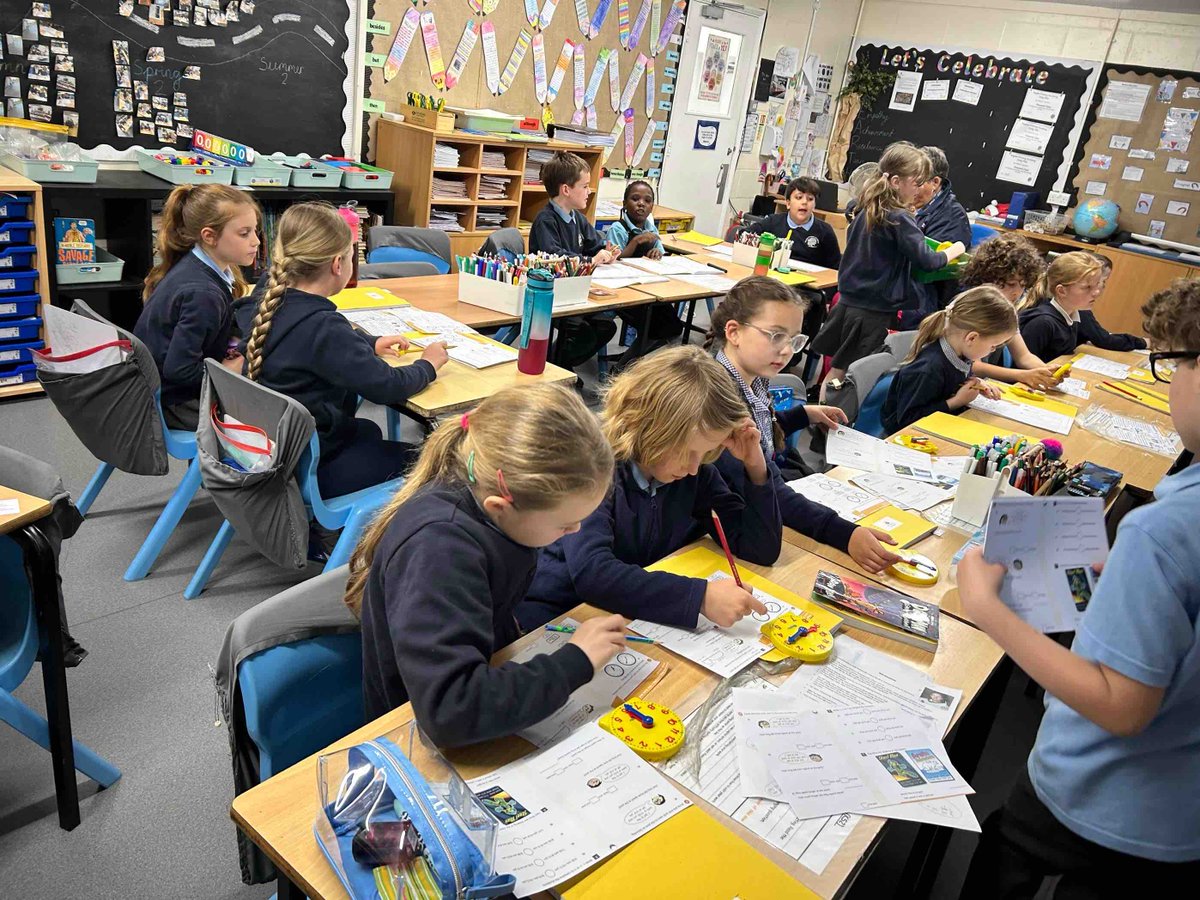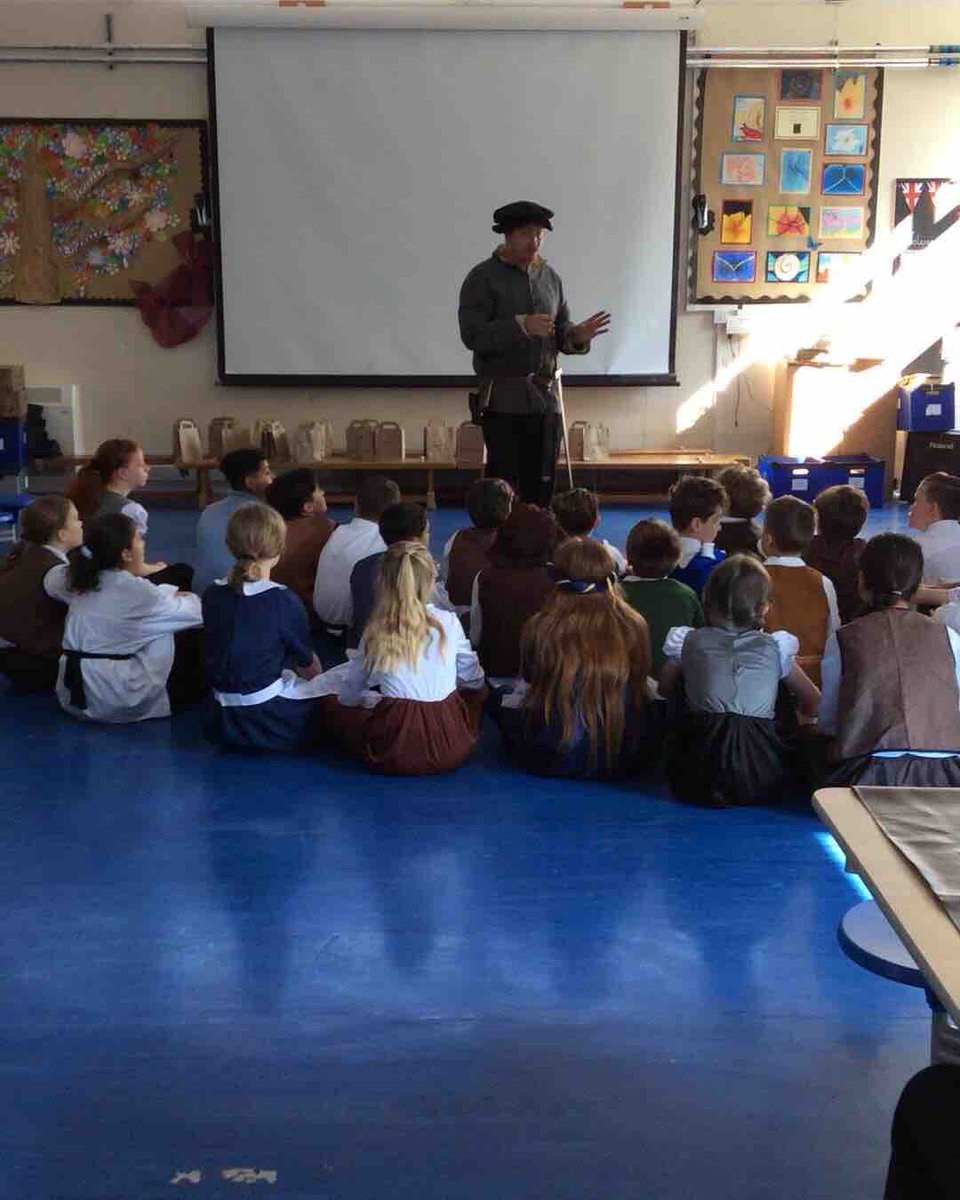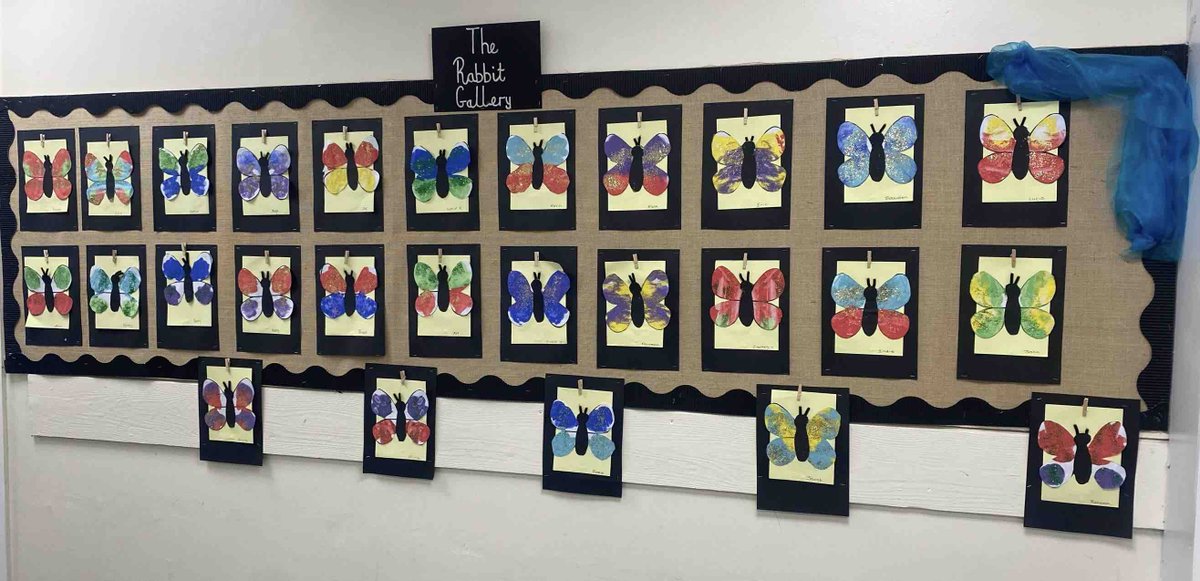English
We are passionate about developing articulate, fluent readers and writers who not only achieve academic success but also find joy in the richness of language.
Our Approach to English
English is taught through carefully selected set texts for each year group, chosen specifically to complement and enhance our wider curriculum. These texts are selected based on key criteria: cultural capital, vocabulary depth, conceptual richness, variation, and appropriate challenge. We also ensure that each text builds progressively on the knowledge and skills acquired in previous years.
Our reading spine is regularly reviewed to ensure children experience a diverse range of authors, voices, cultures, and characters, helping them to understand both the world and themselves.
We believe that fluency is the gateway to comprehension and a love of reading. That’s why we prioritise reading aloud, silent reading, and reading for pleasure throughout the school day. Confident, fluent readers are better equipped to explore, enjoy and engage deeply with a wide variety of texts.
Vocabulary and Comprehension
We explicitly teach vocabulary across the curriculum, empowering pupils to unlock meaning in complex texts and express themselves clearly and precisely.
We also focus on developing core comprehension skills, enabling children not only to understand what they read but to interrogate it, analyse it, and connect it to wider knowledge and themes.
Key Areas of Learning in English
Language Development
Language underpins every subject we teach. We embed the development of spoken language, reading, writing, and vocabulary across the curriculum. Mastery of English gives children access to all learning, and fluency in the language is a foundation for success in every subject.
Speaking and Listening
At Roydon, children are taught to speak with clarity and confidence. They learn to:
- Justify their ideas and opinions
- Ask purposeful questions
- Build and evaluate arguments
- Use and extend vocabulary
- Listen actively and engage in collaborative discussions
- Choose appropriate language for different audiences and contexts
Reading and Writing
Pupils are taught to read fluently and with understanding and are exposed to a wide range of fiction, non-fiction, and poetry.
In writing, pupils develop stamina, structure, and style. They write across genres - narratives, explanations, comparisons, summaries, and evaluations - and learn to write with correct grammar, spelling, and punctuation. Writing is used not only as a means of communication but as a tool to deepen thinking and consolidate learning.









